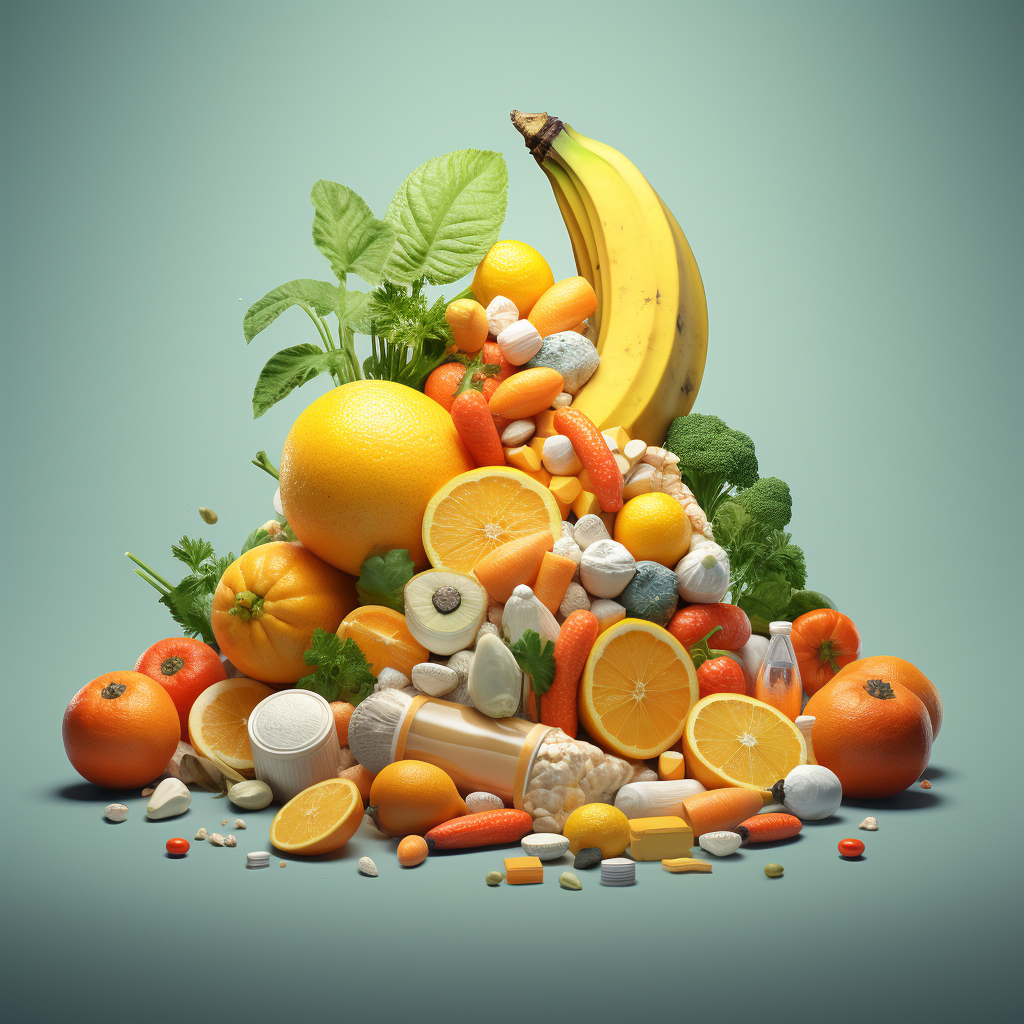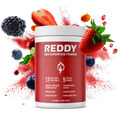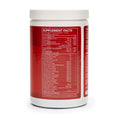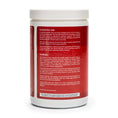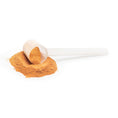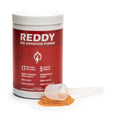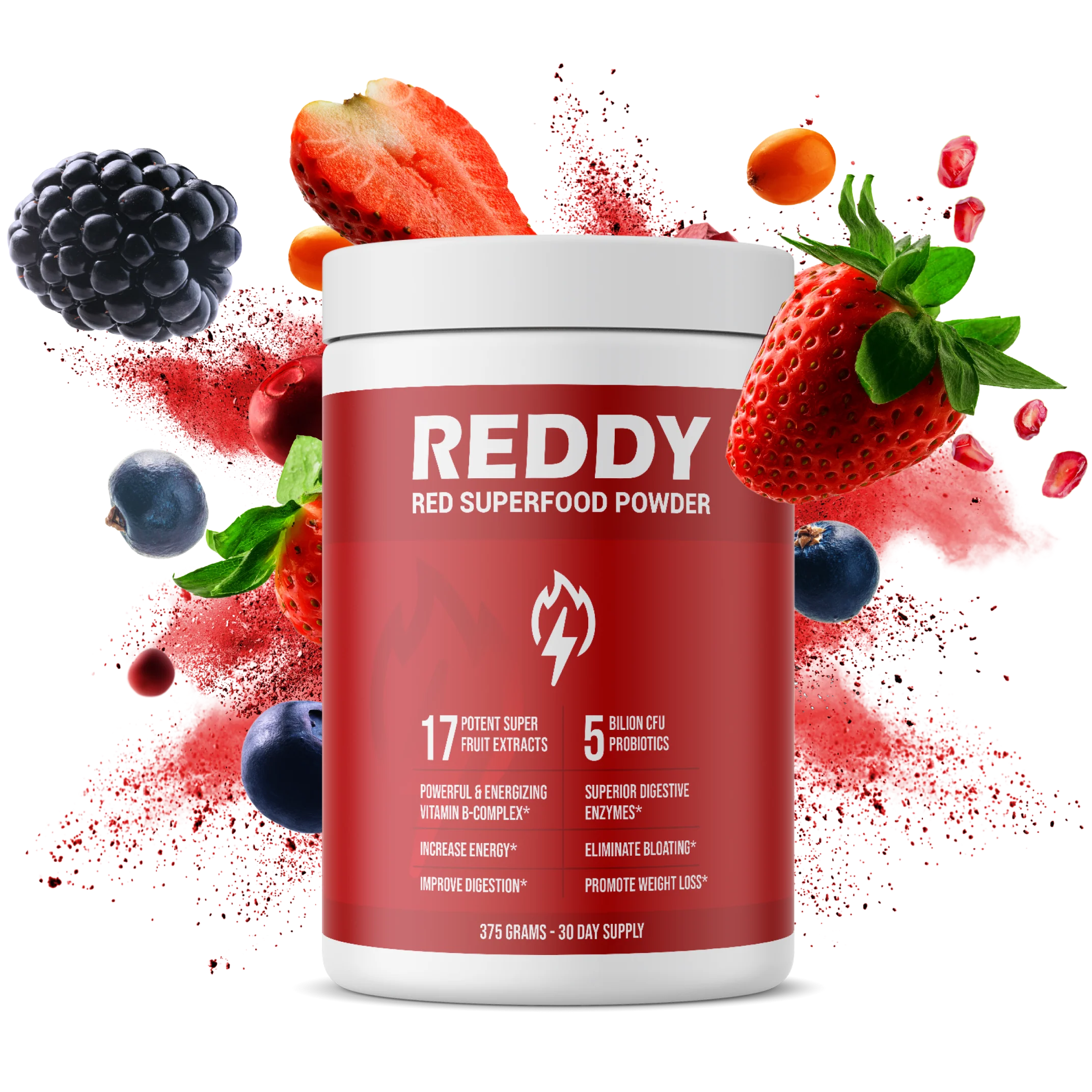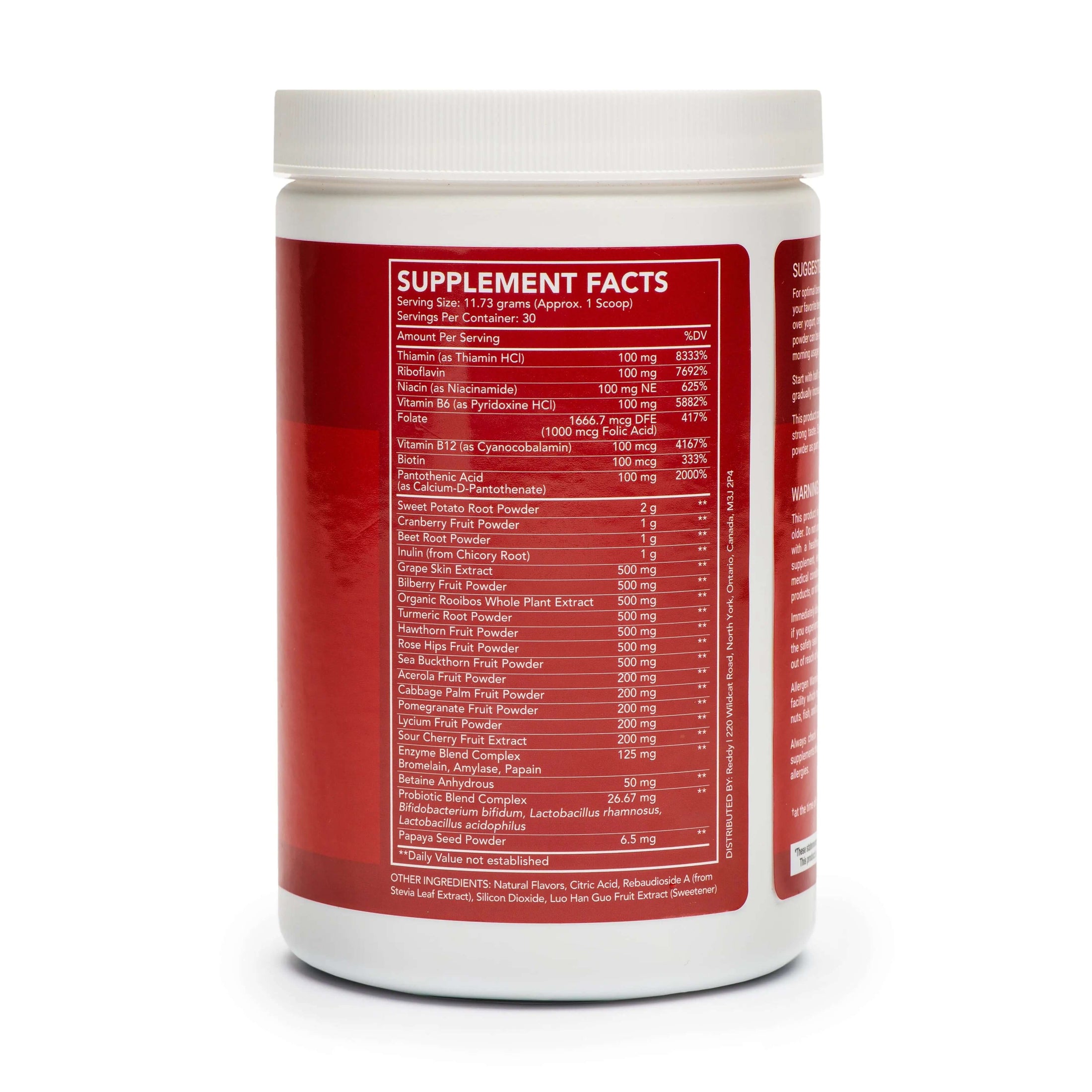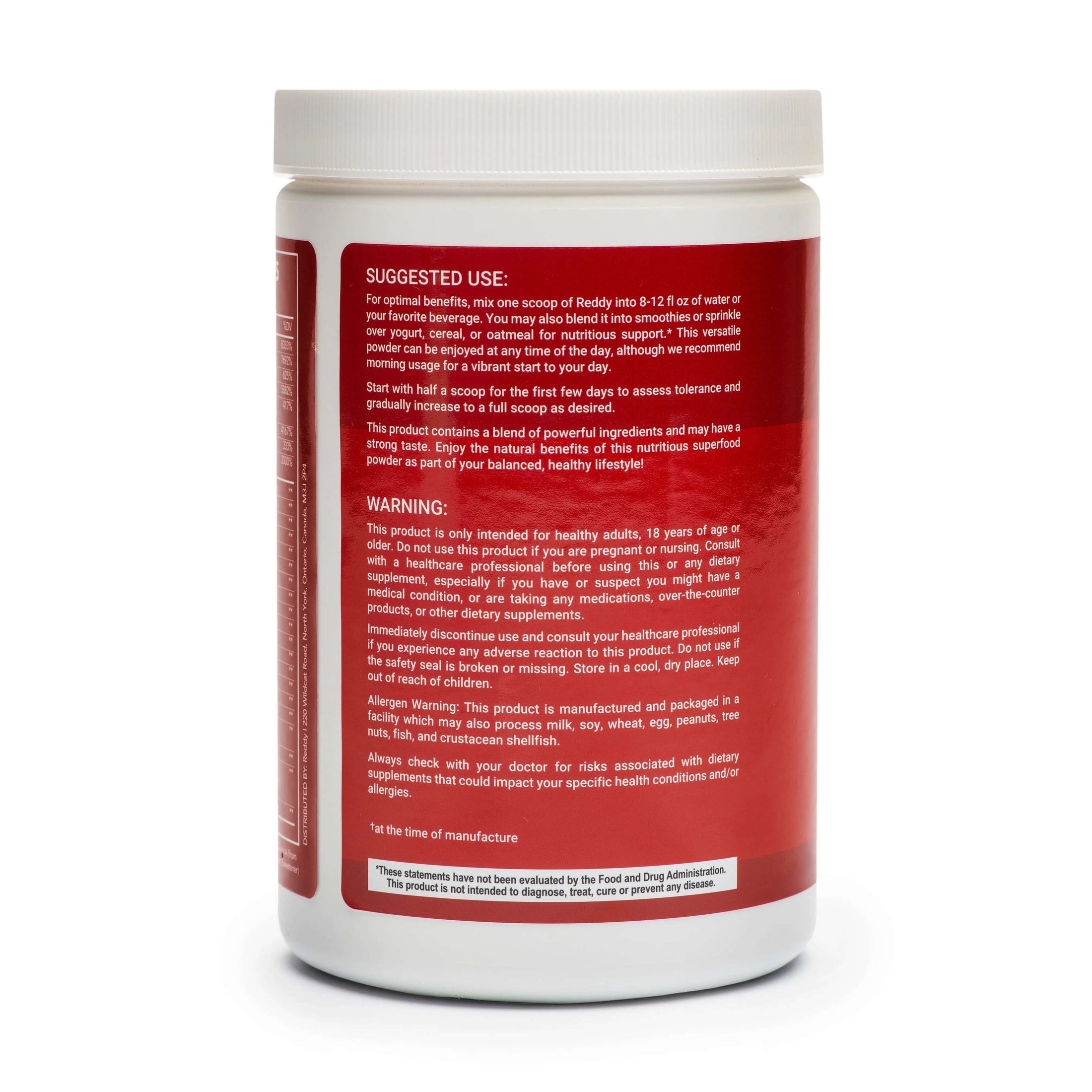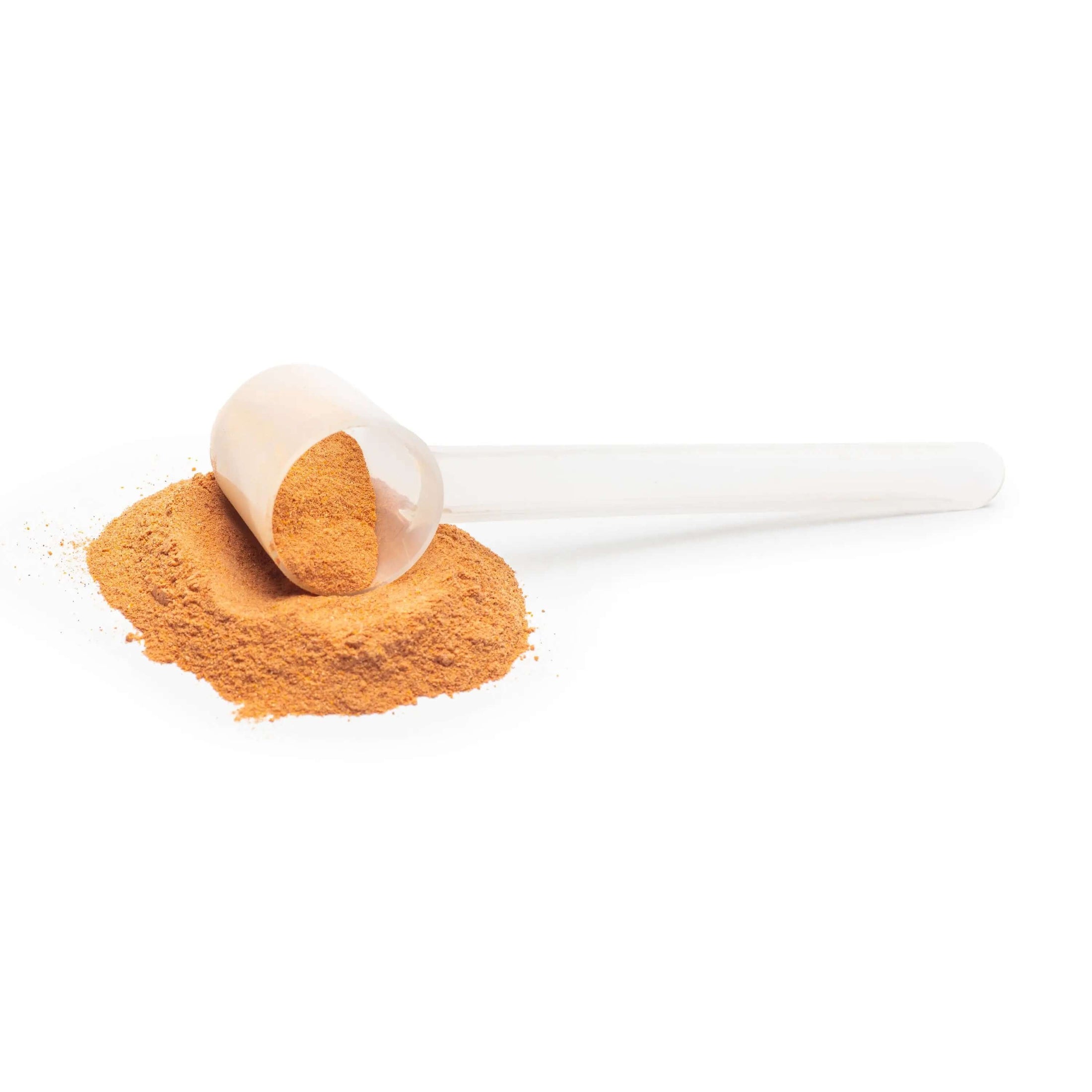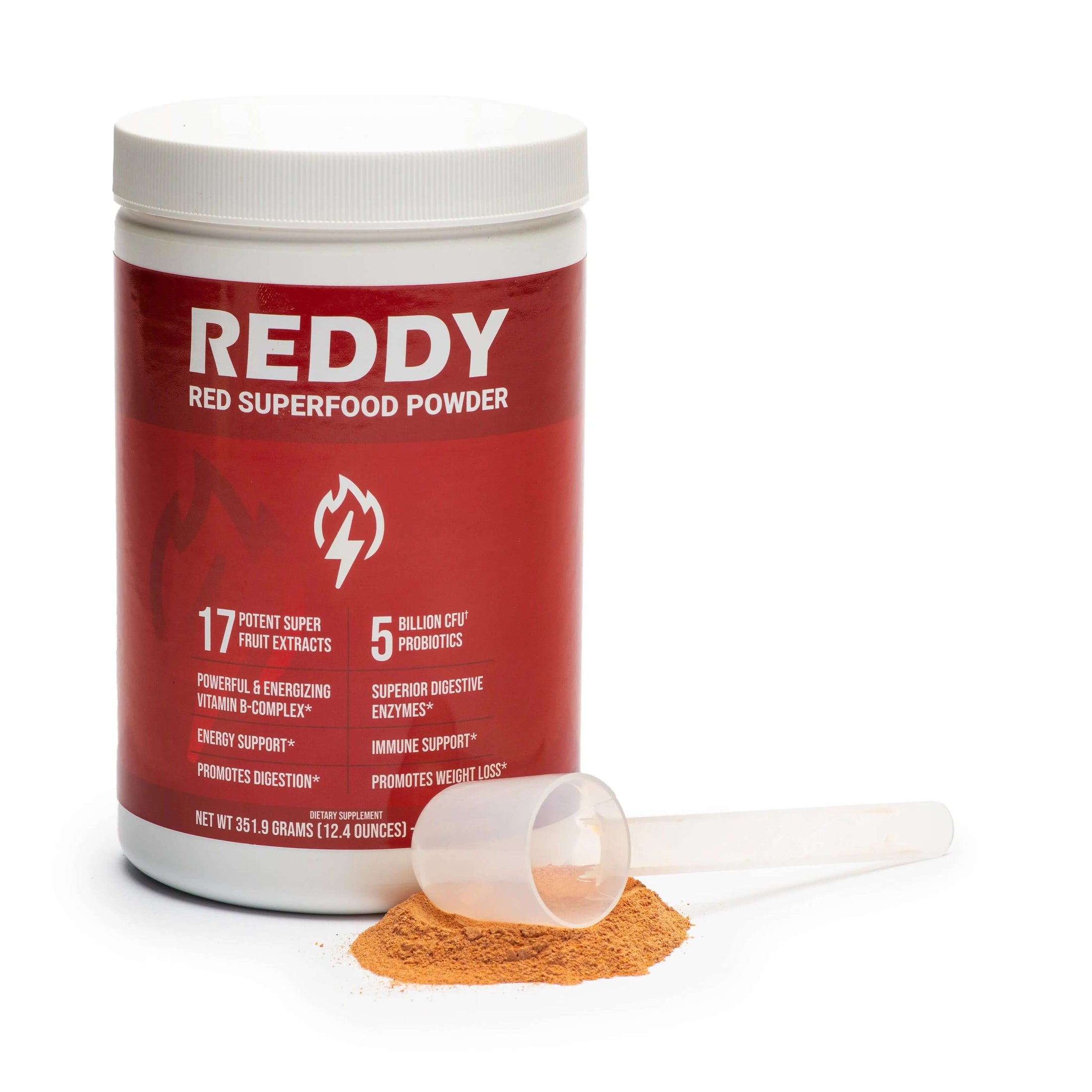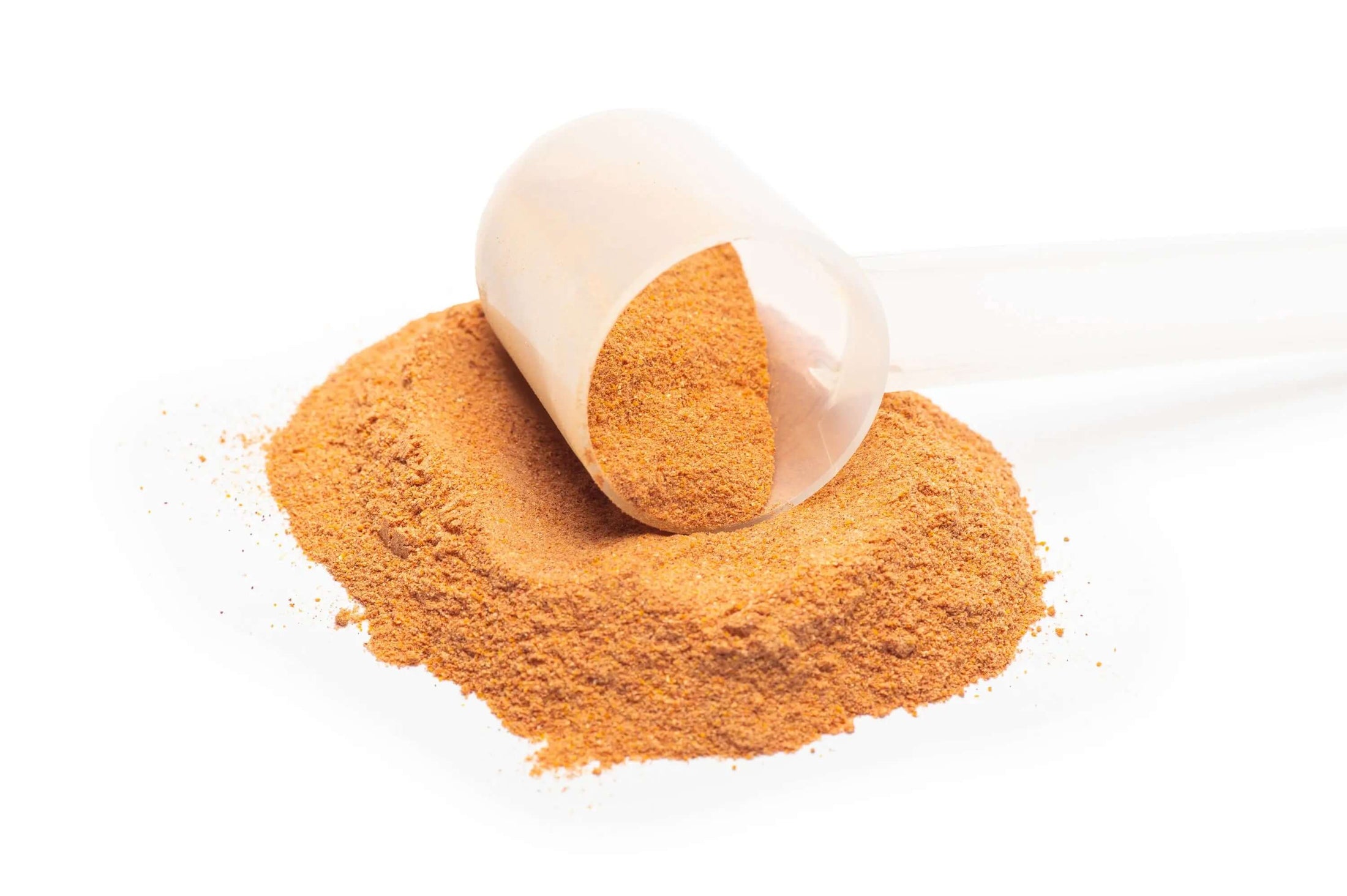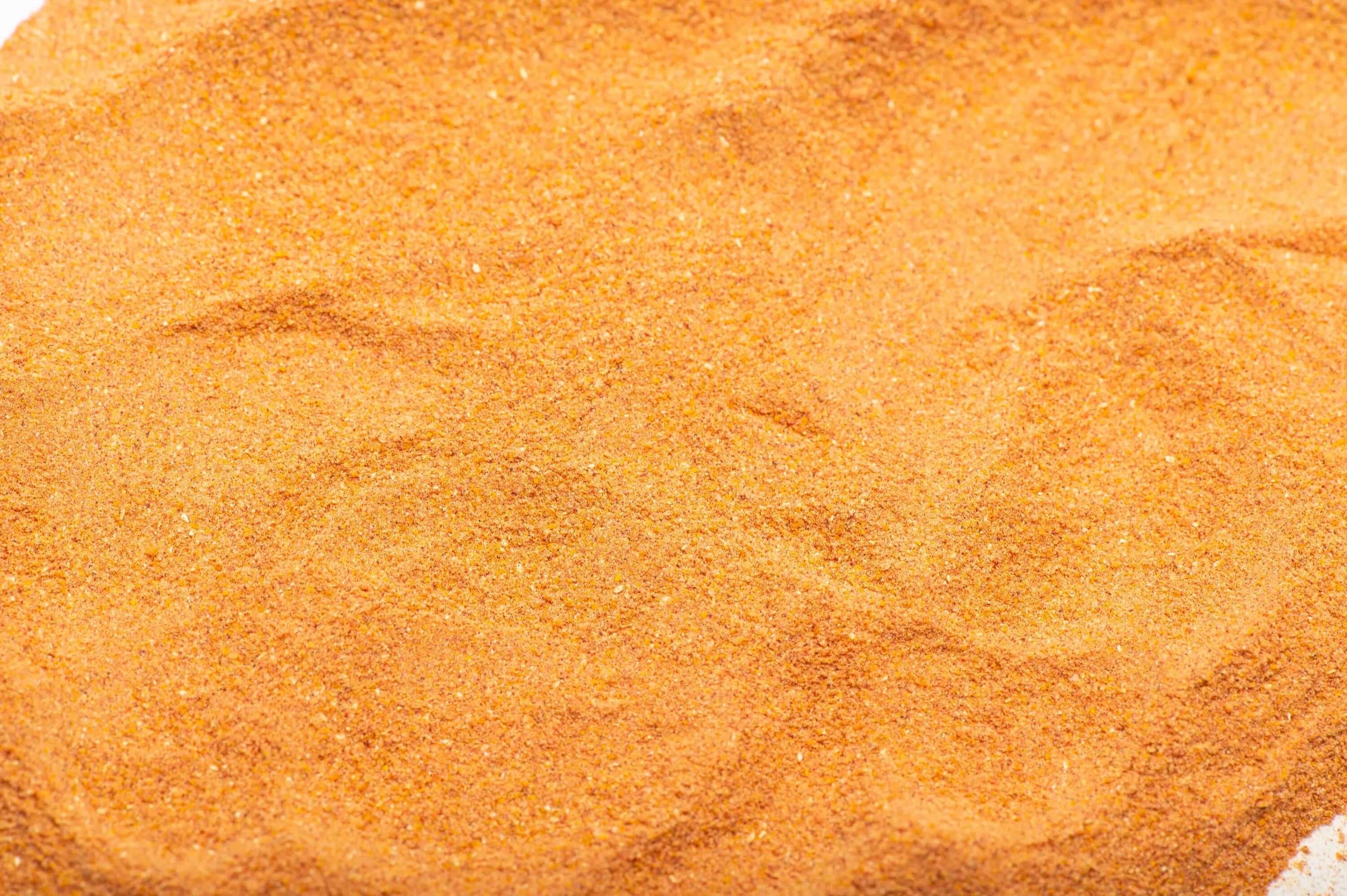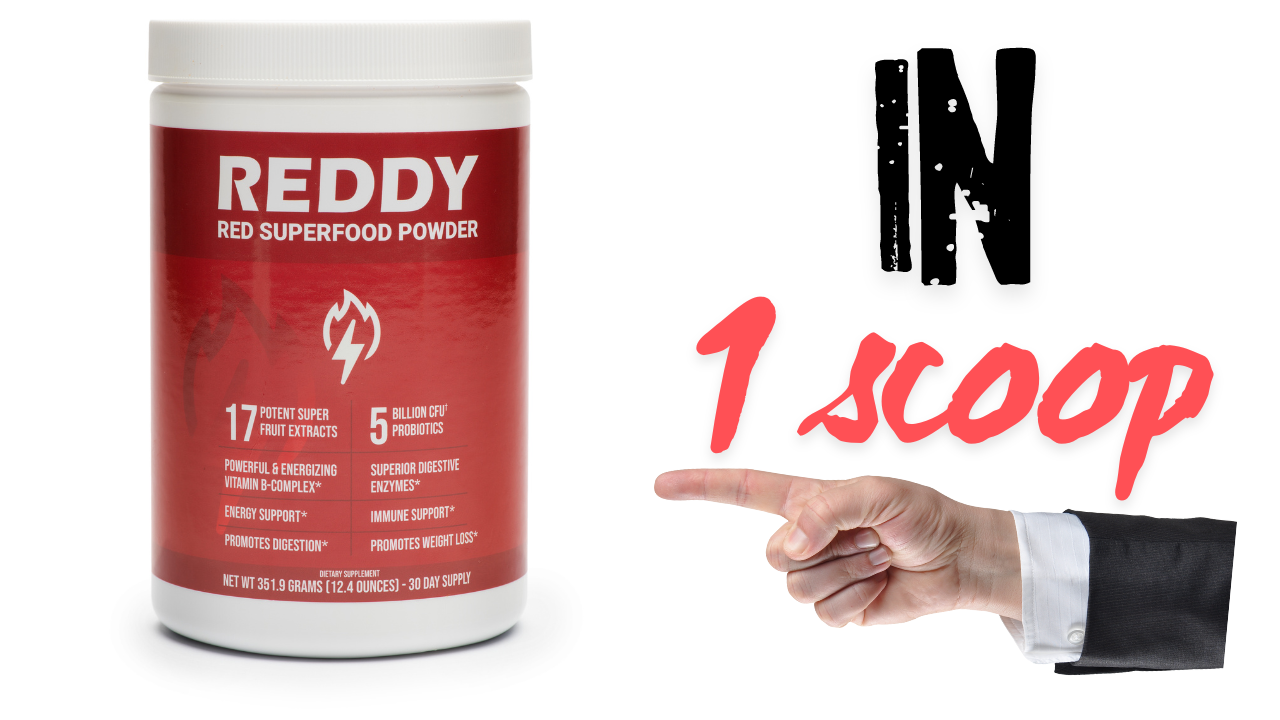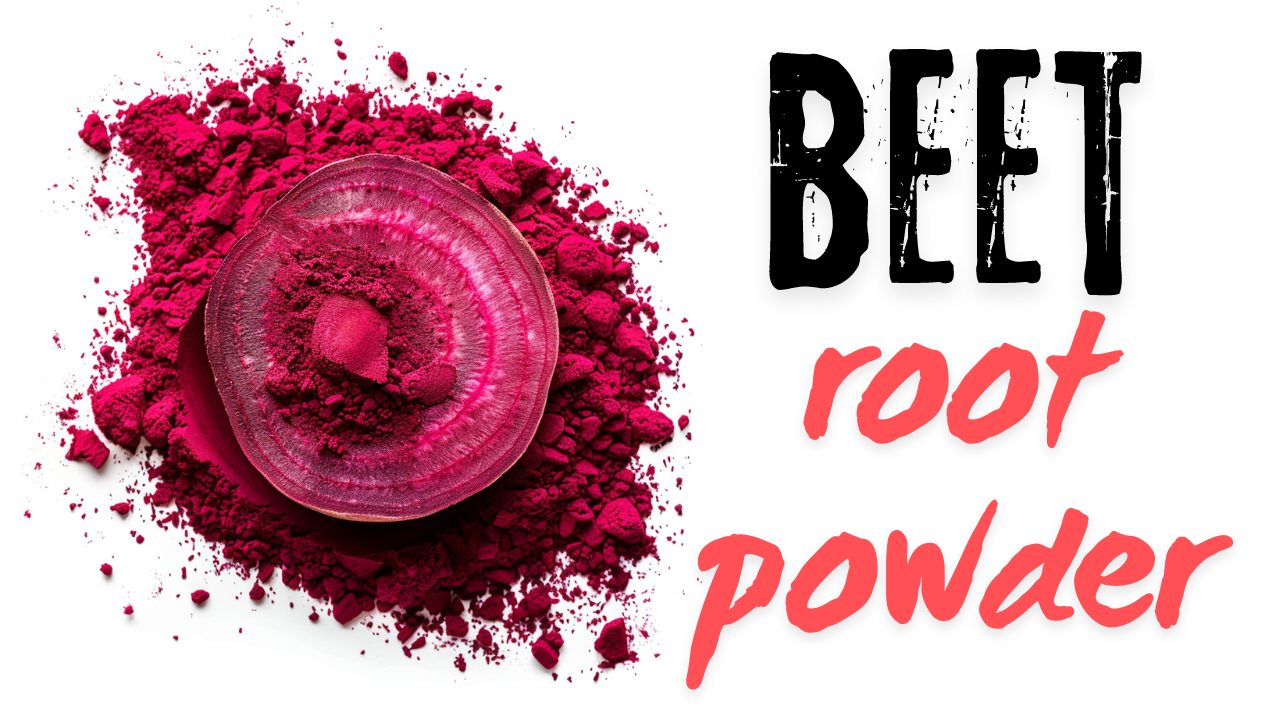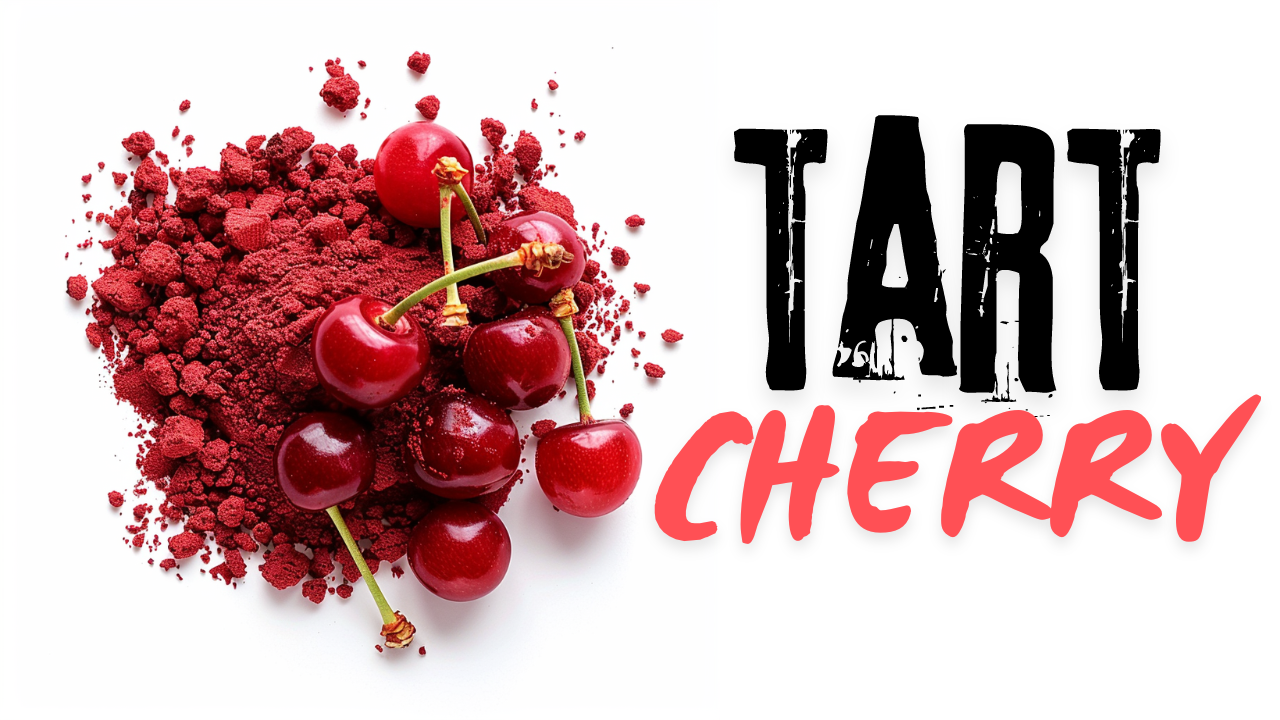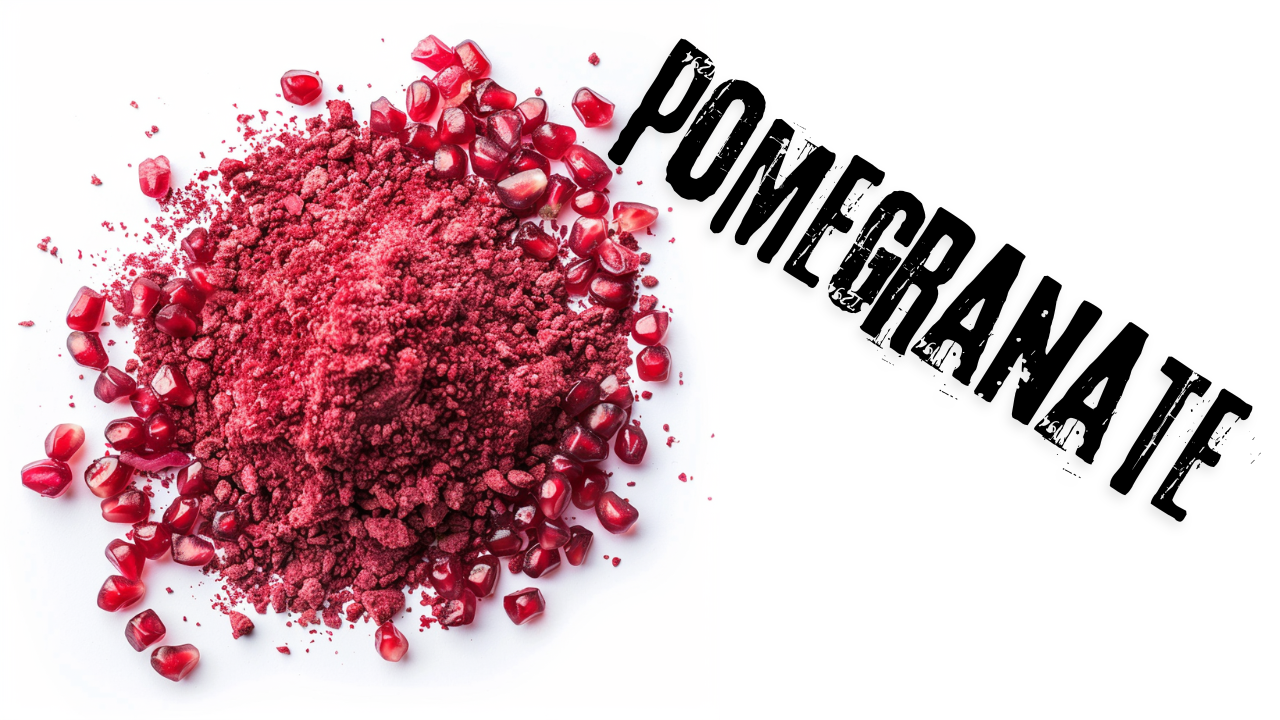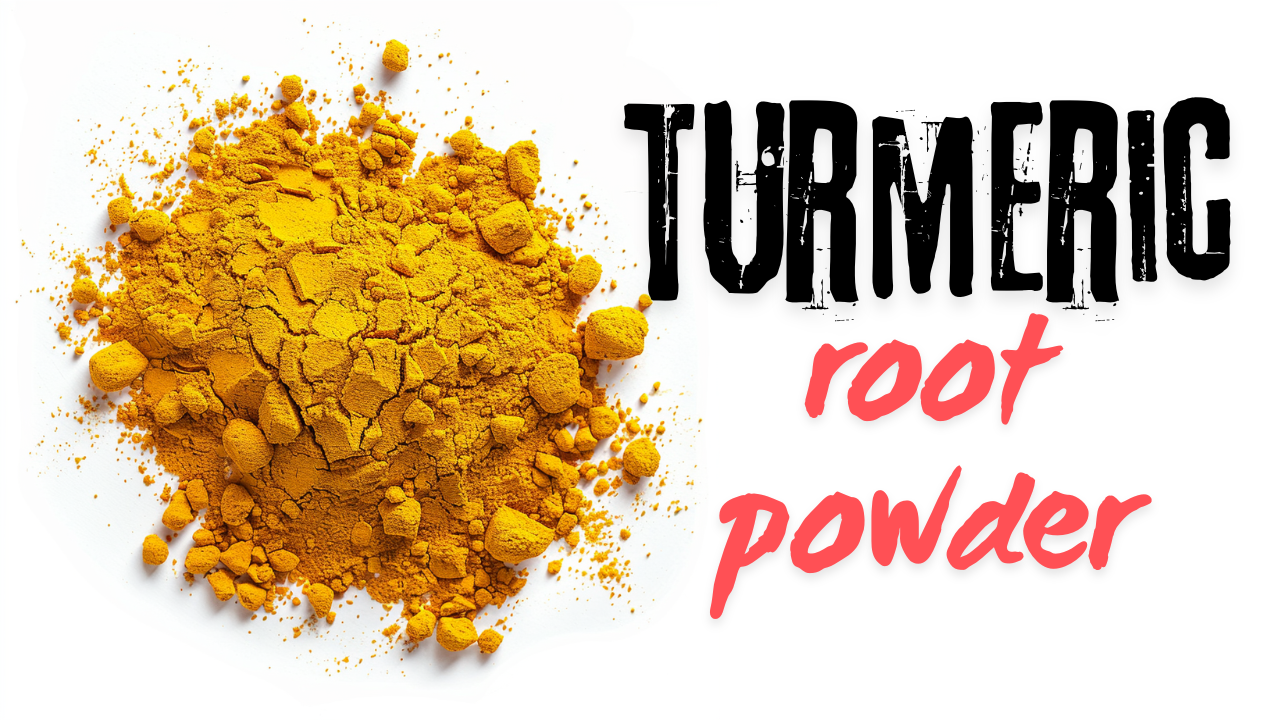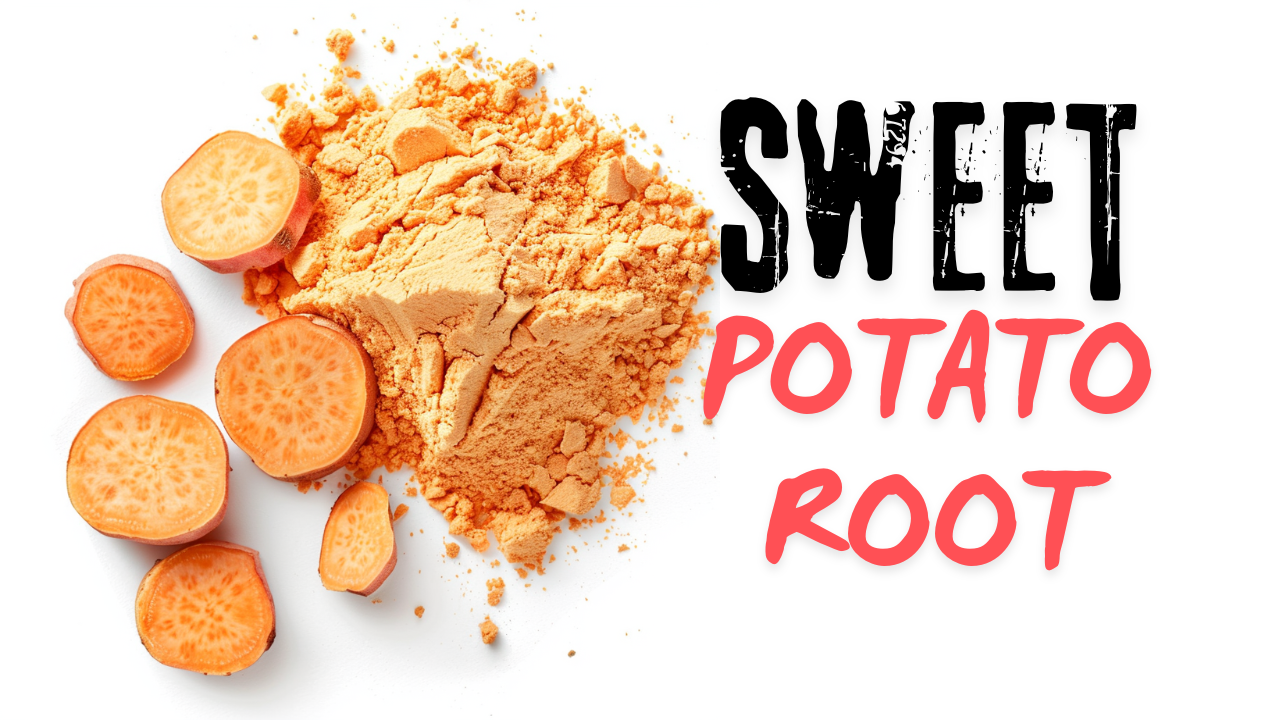Vitamin A is an essential nutrient vital for various bodily functions, including maintaining healthy vision, supporting immune system function, and ensuring the normal growth and development of cells. It comes in two primary forms: preformed vitamin A (retinol) found in animal products and provitamin A (beta-carotene) found in fruits and vegetables. This article highlights various foods that are high in Vitamin A, emphasizing their importance in a balanced diet.
Animal Sources of Vitamin A (Retinol)
- Liver: One of the richest sources of vitamin A, liver from animals like beef, chicken, and pork, is highly concentrated with this nutrient.
- Fish: Fatty fish such as salmon, mackerel, and trout are good sources of vitamin A.
- Dairy Products: Milk, cheese, and butter, especially those from grass-fed animals, contain significant amounts of vitamin A.
- Eggs: Particularly the yolks, are a good source of vitamin A and other fat-soluble vitamins.
Plant Sources of Vitamin A (Beta-Carotene)
- Sweet Potatoes: One of the richest plant-based sources of beta-carotene.
- Carrots: Well-known for their beta-carotene content, which gives them their orange color.
- Dark Leafy Greens: Vegetables like spinach, kale, and collard greens are high in beta-carotene.
- Squashes: Both winter squash and pumpkin are rich in beta-carotene.
- Bell Peppers: Especially red and yellow peppers are good sources of beta-carotene.
- Cantaloupe: This melon is not only a refreshing snack but also a good source of beta-carotene.
Recommended Daily Intake of Vitamin A
The recommended daily intake (RDI) of vitamin A varies based on age, gender, and life stage. For adults, the RDI is about 700 to 900 micrograms (mcg) of retinol activity equivalents (RAE) per day. Pregnant and lactating women may have different requirements. It's important to note that excessive intake of preformed vitamin A (mostly from animal sources and supplements) can be toxic, so it's essential to consume it in moderation.
Conclusion
A well-balanced diet including both animal and plant sources can provide sufficient vitamin A for most individuals. Foods rich in beta-carotene, the plant-based form of vitamin A, are particularly beneficial as the body converts only the amount it needs, minimizing the risk of toxicity. Incorporating a variety of these foods into your diet can help ensure adequate vitamin A intake, contributing to overall health and well-being. As always, dietary adjustments should be made in consultation with healthcare professionals, especially when dealing with specific health conditions or dietary restrictions.

